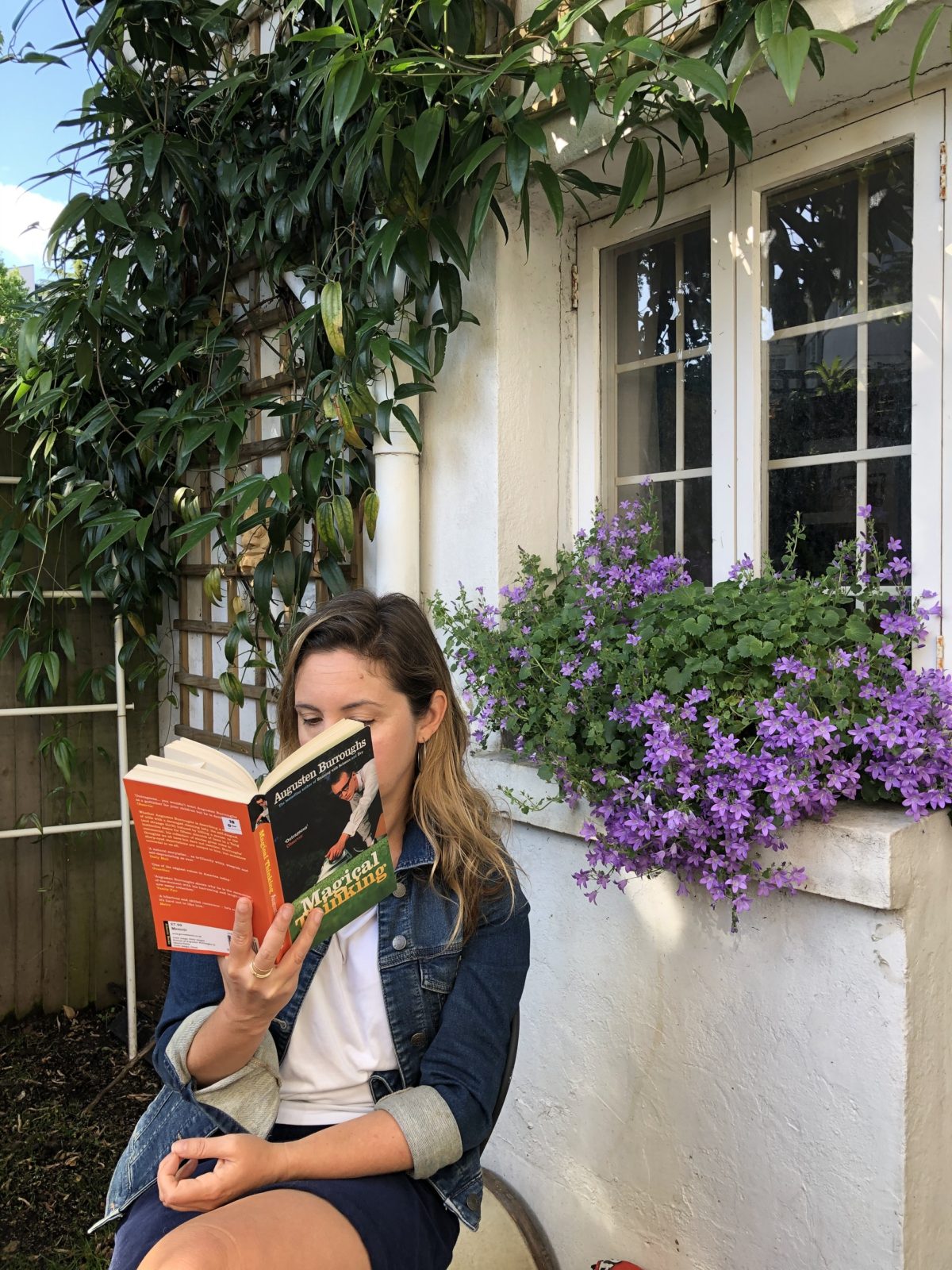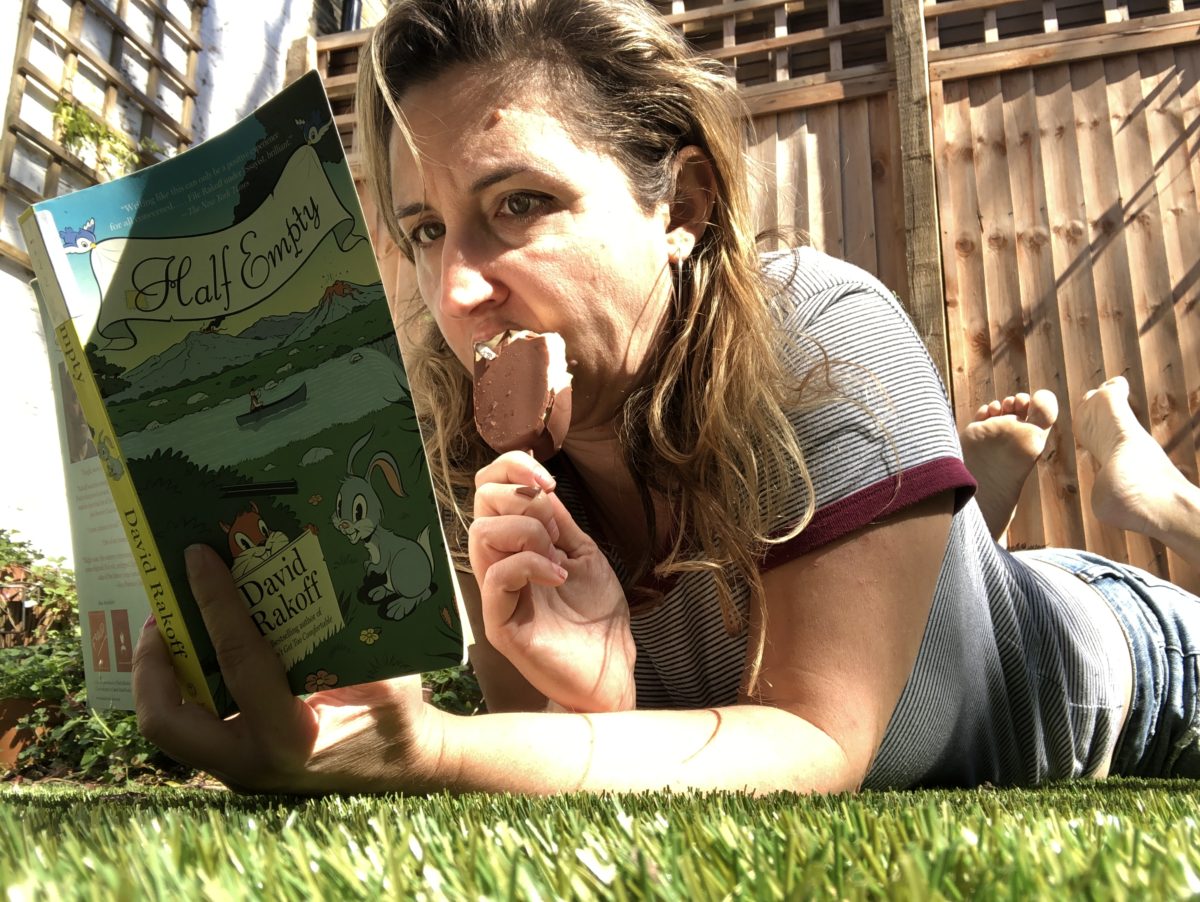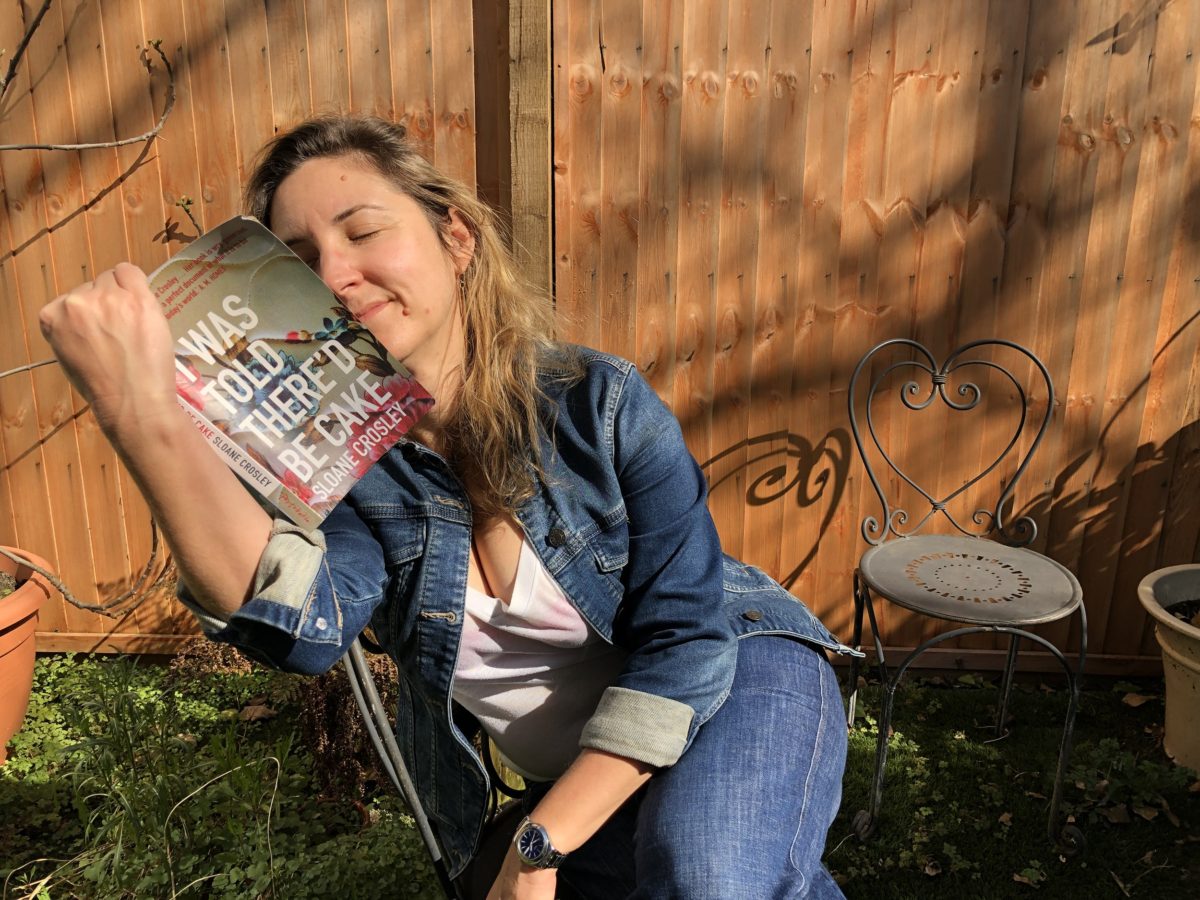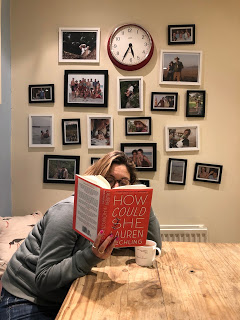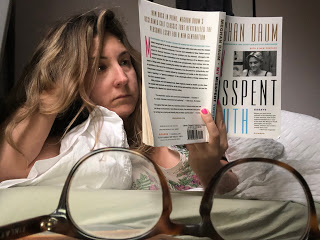Finally someone with some success in the field of the personal essay! I enjoyed this one. Burroughs is a prolific memoirist. Wikipedia tells me that:
Burroughs’ writing focuses on subjects such as advertising, psychiatrists, religious families, and home shopping networks
This is totally humourless but also pretty accurate. He’s an alcoholic and an advertising executive who is struggling to date in New York. He has some serious #firstworldproblems, as below, but so do we all
Last weekend, I spent Sunday in a Starbucks writing Amtrak TV spots. I was drinking double espressos and really trying to be positive instead of enraged and spoiled. One of my problems is that I have completely disconnected those blue envelopes my paycheck arrives in with doing any actual work.
I particularly enjoyed his problematic love life
He’s blown me off and is hoping that I’ll just get the message and go away. It’s the modern, passive, gay way to be direct. I know this behaviour because it’s something I would do. This is how compatible we are.
And:
I’m starting to go a little crazy, needing desperately to be in control of the situation and feeling terrified he won’t fall in love with me and knowing that I can’t even know what my own feelings are until I know that he’s safely in love with me so then I can decide.
And:
He knows I write every day for hours but has no idea that all I’m writing about is me. I tseems wiser to let him think I’m an aspiring novelist instead of just an alcoholic with a year of sobriety who spends eight hours a day writing about the other sixteen.
I do always wonder about this. These writers who produce a lot of content about their own lives, how do they do it? Physicists I guess think a lot about physics. Memoirists think about memories. I’m torn. Are they having deeper lives because they are thinking about them more deeply? Or is it just all rather creepy and they ought to get out more?

